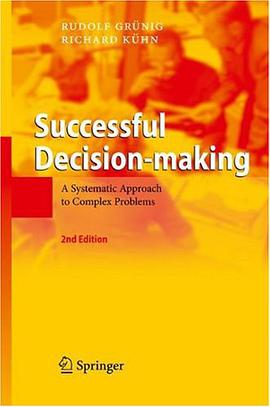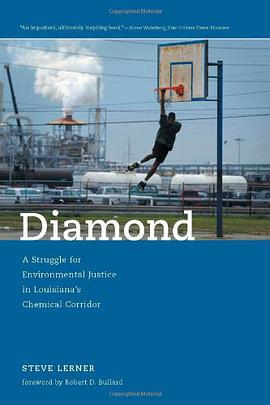

具体描述
"Thou shalt not kill" is arguably the most basic moral and legal principle in any society. Yet while some killers are pilloried and punished, others are absolved and acquitted, and still others are lauded and lionized. Why? The traditional answer is that how killers are treated depends on the nature of their killing, whether it was aggressive or defensive, intentional or accidental. But those factors cannot explain the enormous variation in legal officials' and citizens' responses to real-life homicides. Cooney argues that a radically new style of thought--pure sociology--can. Conceived by the sociologist Donald Black, pure sociology makes no reference to psychology, to any single person's intent, or even to individuals as such. Instead, pure sociology explains behavior in terms of its social geometry--its location and direction in a multidimensional social space. "Is Killing Wrong?" provides the most comprehensive assessment of pure sociology yet attempted. Drawing on data from well over one hundred societies, including the modern day United States, it represents the most thorough account yet of case-level social control, or the response to conduct defined as wrong. In doing so, it demonstrates that the law and morality of homicide are neither universal nor relative but geometrical, as predicted by Black's theory.
作者简介
目录信息
读后感
评分
评分
评分
评分
用户评价
相关图书
本站所有内容均为互联网搜索引擎提供的公开搜索信息,本站不存储任何数据与内容,任何内容与数据均与本站无关,如有需要请联系相关搜索引擎包括但不限于百度,google,bing,sogou 等
© 2026 book.wenda123.org All Rights Reserved. 图书目录大全 版权所有




















